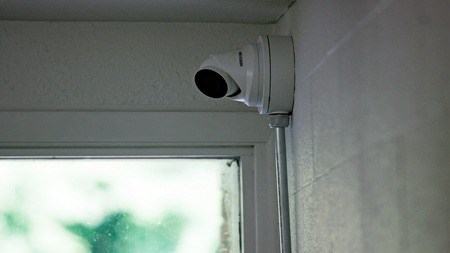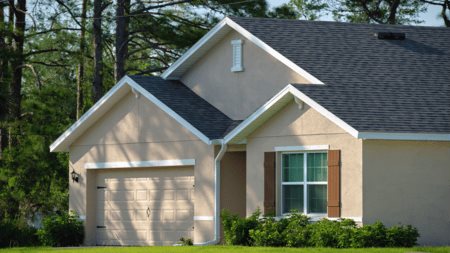According to Adrian Goslett, Regional Director and CEO of REMAX Southern Africa, “A well-secured home not only provides peace of mind but also enhances property value. It’s important to understand that security measures are not just optional extras; they're necessities, especially in areas with higher crime rates.”
Insurance companies also specify minimum security requirements homeowners must meet to ensure valid coverage.
Typically, these include:
Professionally installed and maintained alarm systems linked to a reputable armed response provider.
Burglar bars on all accessible windows and security gates on external doors.
Adequate perimeter security measures, including fencing and secure gates.
"Failing to meet these minimum insurance criteria can result in claims being rejected or limited," warns Goslett. "Homeowners should regularly review their insurance policies and security systems to ensure compliance."
In addition to these minimum requirements, most buyers will also expect to find a few safety features as standard when viewings properties. “When adding additional security measures, you are not only increasing the safety and security of your home, but you’re also increasing your home’s saleability,” he notes.
Some other security features homeowners could install to increase the home’s desirability include CCTV systems to monitor activity around the home, as well as motion-sensitive outdoor lighting to eliminate hiding spots for intruders.
“Security is one of the most important foundations for truly enjoying life in your home. When you feel safe and protected, you can fully relax, create lasting memories with loved ones, and focus on what matters most without the constant worry of potential threats. This is why security features can add so much more than just financial value to your home,” Goslett concludes.
Beyond the basics, there are several practical steps you can take to make your home feel even safer and more appealing:
Smart home technology – Invest in smart locks, video doorbells, and app-controlled alarms so you can monitor and manage access remotely. For more simple tips, see home safety 101 on installing peepholes and setting your alarm even when you're in a rush.
Neighbourhood watch participation – Being part of a community security group strengthens safety and community ties. Learn why it matters in must know security tips for first-time home buyers.
Landscape for security – Trim back overgrown trees and shrubs that could provide hiding spots, and consider thorny plants along boundary walls as a natural deterrent.
Secure storage areas – Lock up garden sheds, garages, and storerooms, these are often targeted by opportunistic thieves.
Layered security – Think in zones: perimeter, yard, and interior. Multiple layers slow intruders and boost protection.
Visible deterrents – Even signage indicating the presence of CCTV or an armed response service can discourage intruders.
Integrated systems – Consider a centralised system where alarms, CCTV, motion sensors, and smart locks are all connected and managed through one platform. This makes monitoring easier and reduces blind spots.
Backup power and connectivity – Load shedding and outages can disable alarms and cameras. Installing UPS systems, solar backups, or battery-powered Wi-Fi routers ensures your security stays online even during blackouts.
Access control for staff and visitors – Instead of handing out spare keys, use smart locks with temporary codes or biometric access. This way, you can monitor who comes and goes, and revoke access instantly.
Data security for smart homes – With the rise of Wi-Fi-enabled devices, cyber security is now part of physical security. Change default passwords, update firmware regularly, and use strong network protection to prevent hacking.
Safe zones inside the home – Designate a secure room (with reinforced doors, a lock, and a communication device) where your family can retreat in the unlikely event of a break-in.
Vehicle and driveway security – Driveway hijackings are a concern in many suburbs. Use automated gates with anti-lift brackets, reverse into your garage for a quick exit, and ensure good lighting in entry areas.
Regular audits – Hire a professional security consultant to review your property every few years. Criminal tactics evolve, and so should your defences.
Neighbourhood collaboration – Advanced security is not only about your property. Consider pooling resources with neighbours for street cameras, patrols, or licence plate recognition systems at entrances.
Ultimately, security is about prevention and peace of mind. A home that feels safe lets you and your loved ones relax, make memories, and live without constant worry. Those safety features do more than add value, they give you freedom.




